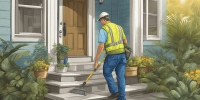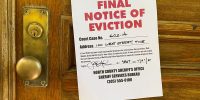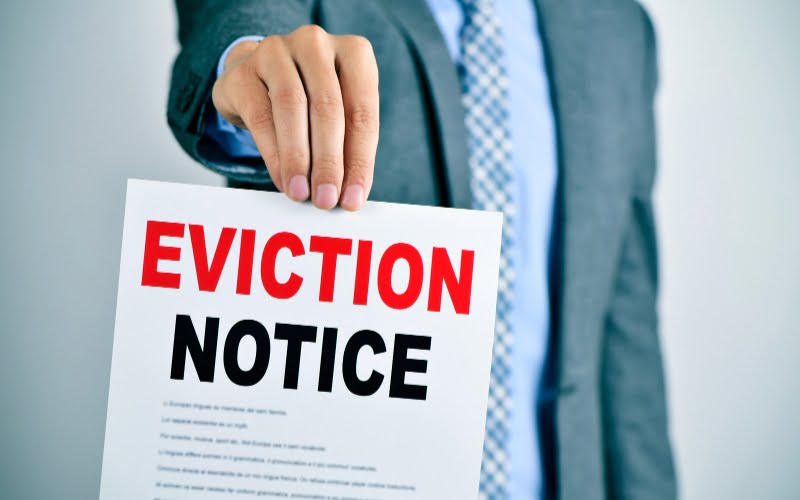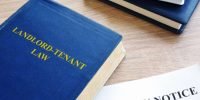Last Updated on May 8, 2024 by Kelvin Nielsen
Under Georgia law (GA Code Title 44 Chapter 7), both landlords and tenants have certain rights and responsibilities. As a tenant, you have a right to live in a habitable home, request for repairs whenever necessary, and sue for damages arising from the landlord’s negligence, among others.
On your landlord’s part, they too have certain rights. Including, the right to make needed repairs, enter the property for repairs and maintenance works, and even make legitimate deductions on your security deposit for excessive damages, among other rights.
The following are answers to commonly asked questions regarding rental maintenance and what maintenance can and cannot do.
Can Maintenance Come in Without Notice in Georgia?
Check the terms of the lease. Unlike some other states, Georgia doesn’t have strict regulations on landlord entry. As such, both landlords and tenants are free to set terms of access and notification in their rental agreement.
Does the lease mention any minimum notice requirements that the landlord must abide by? If it does, then the landlord must provide that notice before entering your rental property.
In addition to meeting the minimum notice requirements, landlords must also have legitimate reasons for entry. Allowable reasons for entry include the following.
- Emergencies
- Repairs and maintenance
- Inspections
- Property showing
- Suspicion of a lease violation, such as unauthorized occupants or illegal activity
The time of entry must also be during normal working hours. As a tenant, the “Implied Warranty of Quiet Enjoyment” guarantees you the right to peace and quiet. The landlord cannot just enter your property at any time they wish to do so.
Normal working hours usually translate to between 9 am and 5 pm during weekdays. You may also want to check your lease for further clarification.
The only exception to reasonable notice and reasonable times is during emergencies. In cases of a fire outbreak or flooding, the landlord may not need to notify you of their intended entry beforehand.
So, can maintenance come in without notice in Georgia? Generally, no! They must provide you with an advance notice, have a legitimate reason for entry, and only do so during normal working hours. The only exception is if they are responding to an emergency.
What can a Tenant do if Maintenance Repeatedly Comes in Without Notice in Georgia?
As previously mentioned, GA law guarantees tenants the right to peace and quiet enjoyment of their rented homes. If the landlord repeatedly violates this right by entering your home without notice, that would constitute landlord harassment and you may be able to break your lease.
However, before you can break your lease, a court must determine if indeed the landlord’s actions meet the minimum requirements. The following is the process you must follow.
- Keep written records of any harassment or take photos/videos.
- File a complaint with the state’s District Court.
- Attend the show-case hearing to present the court with facts of the landlord’s harassment.
- The court will then decide whether landlord harassment occurred during the court date.
Frequently Asked Questions (FAQs): Can Maintenance Come In Without Notice in Georgia?
Q: What responsibilities do GA landlords have when it comes to repairs?
A: The responsibilities include: maintaining the building structure, repairing any provided appliances, and meeting all local habitability codes.
Aside from repair and maintenance responsibilities, others include:
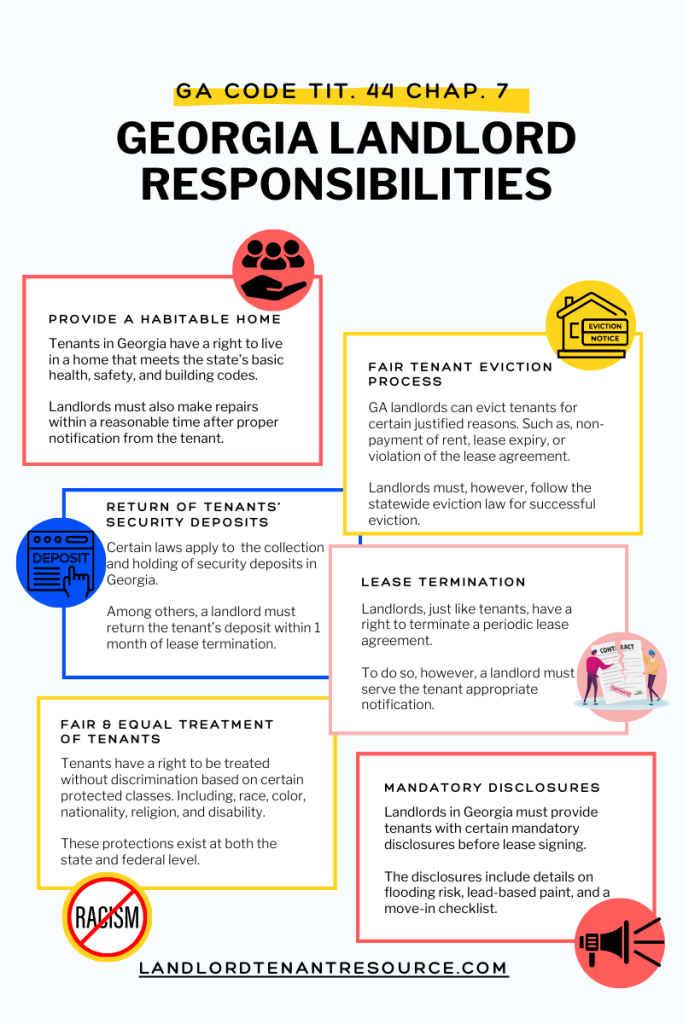
Q: What responsibilities do GA tenants when it comes to repairs?
A: As a tenant, your list of responsibilities includes the following.
- Report maintenance issues to your landlord.
- Make repairs that arise from your negligence or carelessness.
- Not cause damage exceeding normal wear and tear.
Conclusion
As a tenant in Georgia, state law gives you the right to enjoy your rented premises in peace and quiet. The landlord cannot just barge in on you unannounced, neither can they enter for whatever reason and at whatever time they want.
If you have reasons to believe you are a victim of landlord harassment, make sure to speak to a qualified legal representative for expert help.
Sources: GA Code Title 44 Chapter 7, Georgia Landlord-Tenant Handbook
Disclosure: The content herein isn’t a substitute for advice from a professional attorney. It’s only meant to serve educational purposes. If you have a specific question, kindly seek expert attorney services.

Hi, I’m Kelvin Nielsen, an experienced landlord and accomplished real estate lawyer. My focus is on answering your questions about renting in the hopes of making your life as a renter or a landlord a bit easier.


